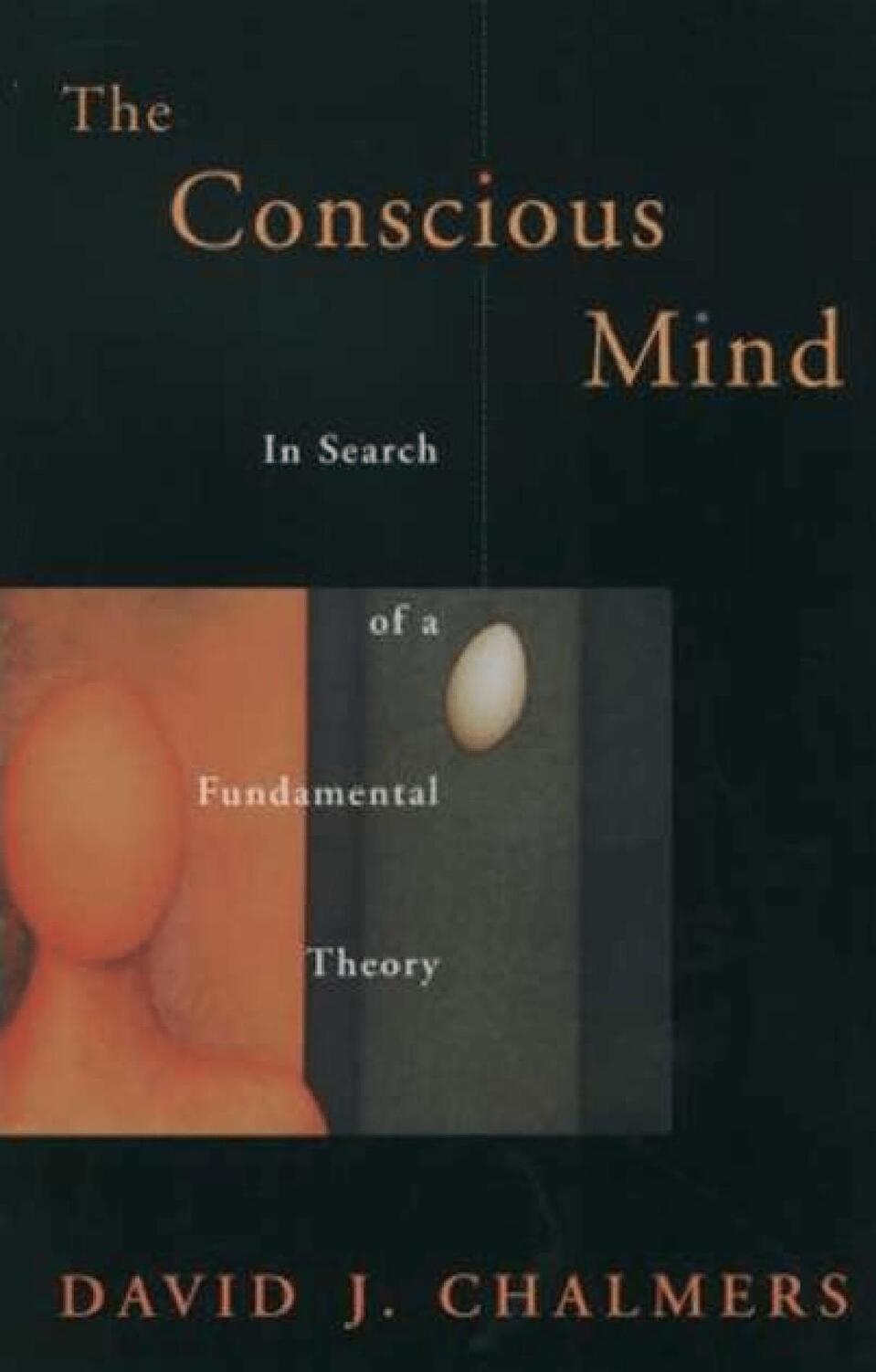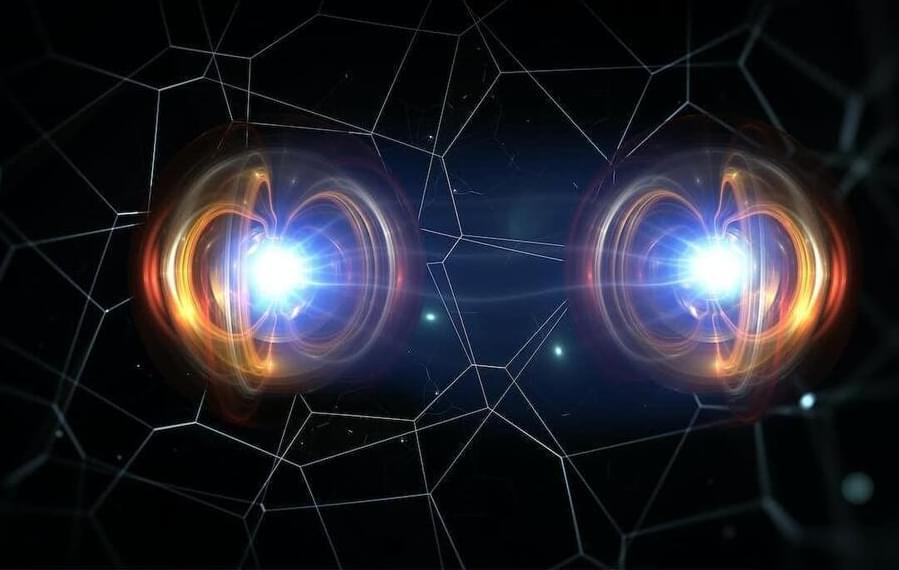Zuckerberg likes to quote Steve Jobs’ description of computers as “bicycles for the mind.” I can imagine him thinking, “What’s wrong with helping us pedal a little faster?”
And while I reflexively gag at Zuckerberg’s thinking, that isn’t meant to discount its potential to do great things or to think that holding it off will be easy or necessarily desirable. But at a minimum, we should demand a pause to ask hard questions about such barrier-breaking technologies—each quietly in our own heads, I should hasten to add, and then later as a society.
We need to pump the brakes on Silicon Valley, at least temporarily. For, if the Zuckerberg reflection tour has revealed anything, it is that even as he wrestles with the harms Facebook has wrought, he is busy dreaming up new ones.






